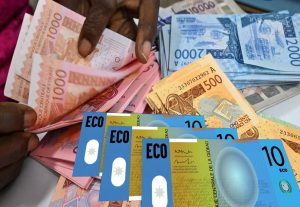Niger: Towards energy sovereignty with the construction of a new refinery and oil complex in Dosso

In a significant stride towards energy independence, Niger has unveiled plans to construct a new refinery and a petrochemical complex in Dosso. This ambitious project, championed by the transitional government, signals a strong commitment to harnessing the country’s natural resources for the direct benefit of its people, while reducing reliance on foreign imports.
Currently, Niger produces approximately 110,000 barrels of crude oil per day. Of this, 20,000 barrels are refined domestically at the Soraz refinery in Zinder, while the remaining 90,000 barrels are exported via Wapco Niger through the port of Sèmè Kpodji in Benin.
The development of a second refinery and a comprehensive petrochemical complex is a strategic move by the transitional government, aimed at maximizing the internal utilization of Niger’s natural wealth.
Chaibou Ibrah Abdoul Nasser, the Director General of Hydrocarbons at the Ministry of Petroleum, emphasized that this initiative extends beyond mere resource extraction.
The goal is to drastically reduce the need for importing refined products, such as pharmaceuticals and plastics, by fostering local production capabilities.
This approach not only cuts down import costs but also adds significant value within the country.
The new refinery and petrochemical complex represent a forward-thinking strategy to optimize Niger’s resource use and achieve greater economic autonomy.
Additionally, the establishment of a petroleum institute at Zinder University underscores the government’s commitment to developing local expertise.
By training national professionals, Niger aims to manage and exploit its resources independently, ensuring the long-term sustainability of its energy sector.
This visionary move to build a new refinery and petrochemical complex, coupled with the focus on developing local talent, reflects Niger’s unwavering determination to achieve energy sovereignty.
It presents a unique opportunity for the nation to turn its natural riches into lasting prosperity for its people.
Titi KEITA












